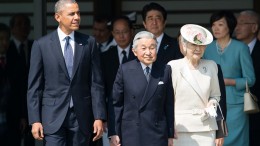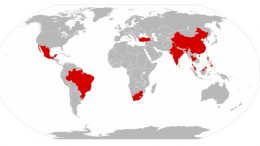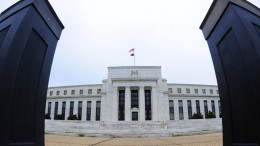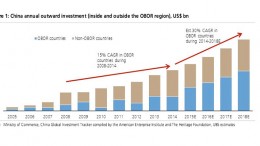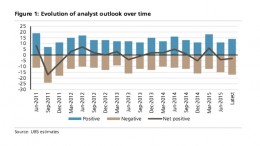Saudi Arabia And Norway, Still Attractive For Investment Opportunities
Following the oil price slump, both wealthy countries will relatively see their privileged economic position trimmed, but they can still capitalize on their status as oil producers, boosting production to defend market share and leading the European M&A market, respectively.


